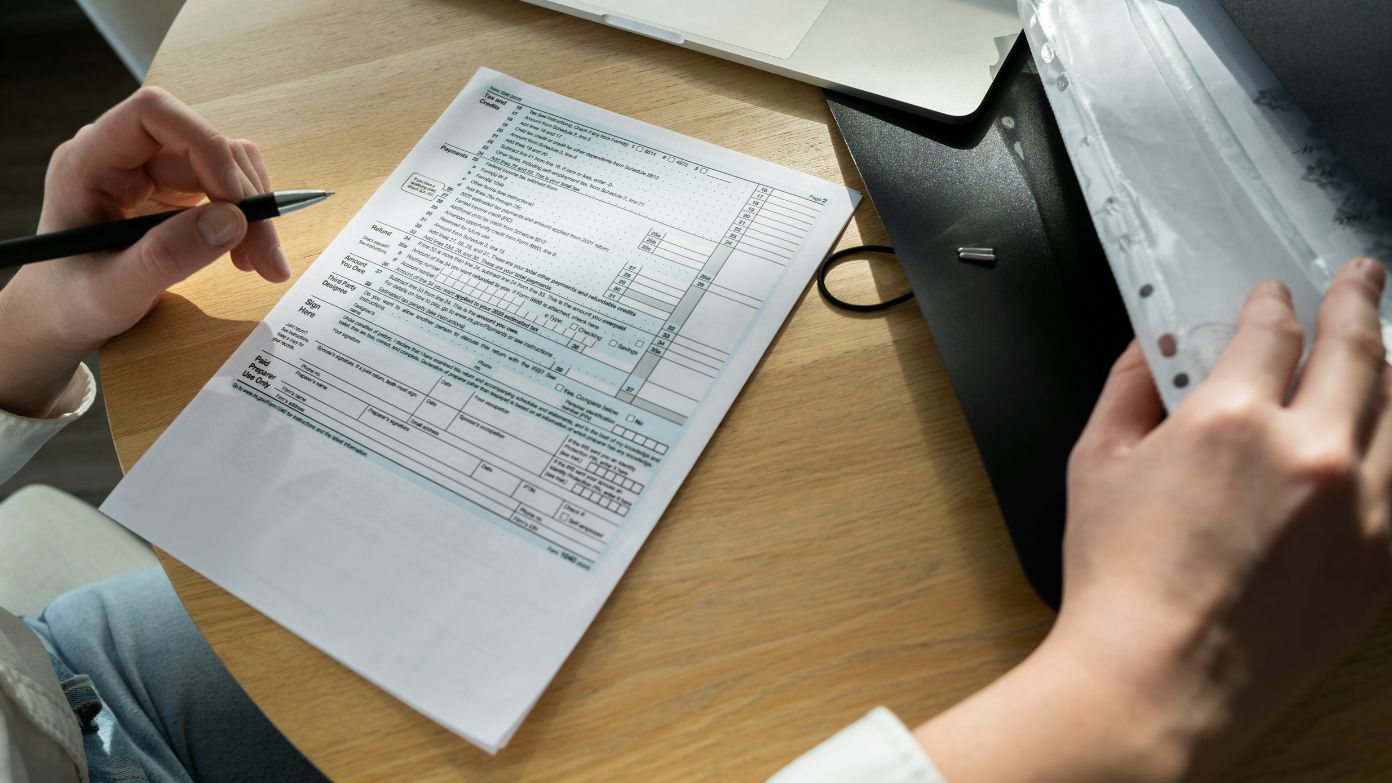If you or your business was impacted by the March 2025 wildfires in Oklahoma, here is some good news—the IRS has extended your tax filing deadline to November 3, 2025. This gives you a few more months to file your 2024 federal income tax returns and make any required payments.
The extension is part of the federal government’s ongoing effort to support individuals and businesses recovering from the severe wildfires and straight-line winds that caused widespread damage in parts of Oklahoma. This move provides affected taxpayers with some breathing room during what is already a stressful and financially challenging time.
Who qualifies for the November 3, 2025 IRS tax extension?
You are eligible for this extended deadline if you live or operate a business in one of the counties included in the federal disaster declaration. As of now, the IRS has listed the following Oklahoma counties:
- Cleveland
- Creek
- Lincoln
- Oklahoma
- Pawnee
- Payne
If you are in one of these areas, your filing and payment deadlines for various tax-related matters have been automatically pushed to November 3.
But here is something else to keep in mind—if the disaster declaration expands to include more counties, those areas will also qualify for the same relief. So if you are nearby and not currently listed, it is worth keeping an eye on updates from the IRS or FEMA.
What taxes and forms are covered under the IRS extension?
You might be wondering: “Does this extension only apply to my 2024 income tax return?” Actually, it covers more than just that. Here is what is included:
- Individual income tax returns (Form 1040)
- Business tax returns
- Quarterly estimated tax payments that were originally due on April 15 and June 17
- Quarterly payroll and excise tax returns
- Contributions to IRAs and health savings accounts (HSAs) for the 2024 tax year
- Tax-exempt organizations with a calendar-year deadline on May 15
So, if you had any of these forms or payments due after March 14, 2025, and before November 3, you have some extra time to get them in.
Do I need to apply for the tax relief or is it automatic?
Here is some more good news—you do not need to contact the IRS to get this extension. Relief is applied automatically based on your IRS address of record. That means, as long as you are in one of the disaster-declared counties, you will get the extension without lifting a finger.
However, if you receive a late filing or late payment notice for something that should fall under this relief, the IRS recommends calling the number on the notice to get it corrected. They are aware that glitches happen, and they are prepared to resolve them.
What if I am outside the declared disaster area but impacted?
This is where it gets a bit tricky. If you are not in the six listed counties, but your records or tax preparer are in the affected zone, you might still qualify for relief. The IRS handles these on a case-by-case basis. You will need to call the IRS disaster hotline at 866-562-5227 and explain your situation.
It is a good idea to keep documentation that shows how the disaster impacted your ability to file or pay taxes on time. This can help speed things up if the IRS needs more details from you.
How can I stay updated on IRS disaster relief?
The best way to stay in the loop is by checking the IRS’s disaster relief page on irs.gov. It is updated regularly with new counties, forms, and additional guidance. FEMA’s website is also helpful if you want to track disaster declarations and see which areas have been added.

